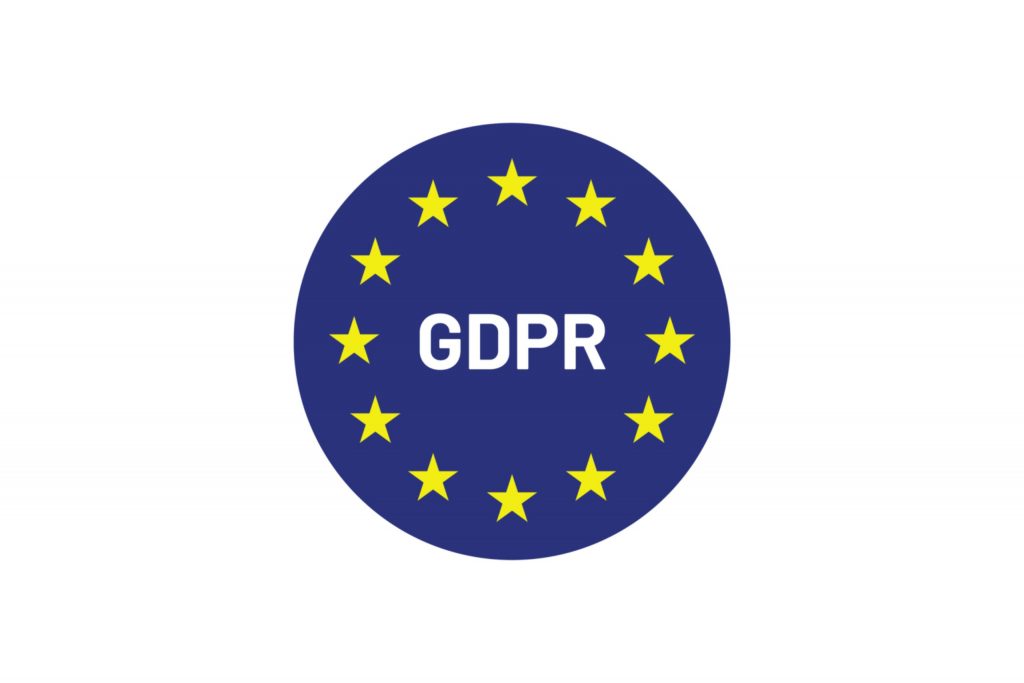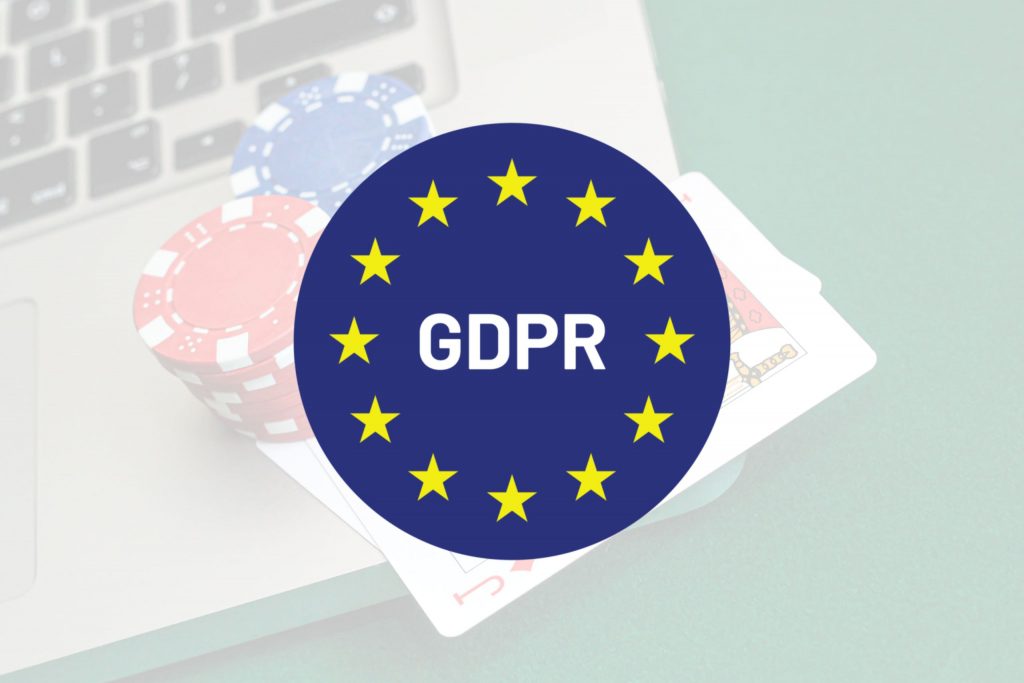Data privacy has become a top issue for operators as well as users of the fast growing online casino sector. Growing popularity of internet-based gaming makes strong data security policies much more important. Establishing strict guidelines that control the gathering and processing of personal data, the General Data Protection Regulation (GDPR) has shown to be a transforming agent in this environment. GDPR guarantees lawfully, fairly, and openly managed personal data by freely and informedly consenting individuals. Moreover, it penalizes non-compliance harshly, which drives operators to give data protection and responsible gaming top priority. This paper emphasizes the great influence GDPR has on online casino data privacy, thus highlighting its function in protecting user information and so supports ethical conduct among operators. As casinos try to meet these stringent standards, players may feel more protected in their encounters with online gambling.
What is GDPR?
Comprising a comprehensive data protection policy in the European Union, the General Data Protection policy (GDPR) seeks to secure personal data and thereby enhance individual privacy rights. It lays rigorous guidelines on the gathering, storing, and using personal information, thereby guaranteeing that companies—including internet casinos—manage user data sensibly. The primary principle of GDPR—data transparency—drives businesses to explicitly inform consumers about the use of their personal data. Online casinos have to therefore freely let players know about their data collecting methods so that they may know what information is being acquired and for what uses.
Still another essential concept is user permission. Before collecting personal data, GDPR requires companies have explicit, informed permission from consumers. Players must so specifically consent to data collecting, thereby guaranteeing their knowledge of what they are signing up for. Furthermore, the right to be forgotten lets consumers ask that, should they so want it off-file, their personal data be erased from firm records. This provides customers of online casinos data control and trust.
GDPR impacts all online casinos operating within the EU independent of their base location. Whether a casino deals personal data or offers services to EU residents, GDPR compliance is absolutely necessary. Through exact data processing techniques, this control not only safeguards players but also ensures casino operational integrity, therefore strengthening the online gaming environment.

Ensuring Transparent Data Collection
How online casinos manage personal data is heavily influenced by the General Data Protection Regulation (GDPR). One of its key criteria is that these casinos have to be open about the kinds of information they get from users, the motives behind it, and their planned use of it. Players should therefore be advised about anything from simple facts like their name and email to more sensitive information like payment methods when they register or engage with a gaming site. Open data collecting helps casinos enable players to grasp their rights and the reason behind the data utilization, therefore strengthening the whole process’s credibility.
Strong ties between operators and players depend on this openness. Players that know precisely what data is being gathered and why are more likely to feel safe utilizing the site. In the world of online gambling, where consumers want to ensure their personal and financial data is safeguarded, confidence is really crucial. Following GDPR guidelines and respecting players’ privacy helps online casinos not only avoid big fines but also attract a loyal audience that feels valued and protected. Basically said, GDPR is a legal need as well as a tool for online casinos to show their dedication to player safety and confidence.
Strengthening User Consent
Before accumulating or utilizing user data in the contemporary online casino environment, specific user permission is fairly crucial. Giving specific permission before data gathering helps gamers who want to feel protected and in control of their personal data build their trust. Players who understand what data is being gathered and how it will be used are more likely to engage in positive interaction with the casino. This strengthens bonds and lowers the possibility of any legal problems resulting from data leaks or use.
Regarding consent rules in the online gambling industry, the GDPR has drastically impacted the laws. Approved in 2018, the GDPR underlines that permission must to be freely provided, transparent, informed. Online casinos must therefore make sure that players completely grasp what they are consenting to rather than relying solely on nebulous terms and conditions. Players have to be allowed to opt-in for data collecting instead of being registered automatically. This change not only safeguards players’ privacy but also pushes casinos to be more open about their data policies. Online casinos may make everyone’s surroundings safer and more reliable by giving clear permission top priority.
Mitigating Data Breaches
Emphasizing the security of personal data, the General Data security Regulation (GDPR) has established a high benchmark for how online casinos must handle private information. Getting people unambiguous, informed permission before gathering their information is one of the main prerequisites. Online casinos have to be open about the data they acquire and the reasons behind it if only to inspire confidence among their customers. GDPR also gives gamers greater control over their personal data by requiring them to be able to see their data and demand erasure of it.
GDPR states that suppliers have to notify data leaks at away, usually within 72 hours. Online casinos must change their security rules as neglecting this might result in penalties of millions of euros. Today, casinos use advanced security technologies like modern encryption and multi-factor identification. These developments not only safeguard private player data but also provide a safer general gaming environment, therefore encouraging players’ dependability and feeling of security.
Challenges for Online Casinos
For online casinos striving to remain compliant and keep players’ confidence, GDPR poses significant operational difficulties. First of all, promises of compliance might look like full-time job. Casino systems have to be changed to guarantee that personal data is acquired, maintained, and managed in compliance with GDPR rules. Funding new technologies and staff training to understand the subtleties of data protection is thus essential. This calls not only time and money but also continuous attention to stay up with any legislative changes.
Managing player demands about their data is yet another major obstacle. Players have rights to see their data and request deletion of it under GDPR. A logistical challenge, casinos have to have systems in place to rapidly and effectively manage these demands. These developments, nevertheless, go beyond mere compliance; they are necessary for developing long-term trust among players. Customers who perceive a casino reacts to their demands and takes their data privacy seriously build loyalty and security that helps the whole sector. Maintaining a respectable and trustworthy online gaming environment might depend much on openness and responsibility.

Conclusion
By requiring legitimate, fair, and open handling of personal data, thereby promoting an environment where user consent and control are key, the General Data Protection Regulation (GDPR) has drastically changed the scene of online casino data protection. These days, operators have to use privacy by design ideas and include strong security features like tokenization and encryption right away into their systems. This legislative framework not only improves the safety of private user data but also gives players more access to their data and the capacity to request its deletion, therefore helping to create a safer online gambling environment. Ensuring GDPR compliance helps the sector to embrace greater ethical standards in online gaming and strengthen customer confidence by means of more responsible behavior.

